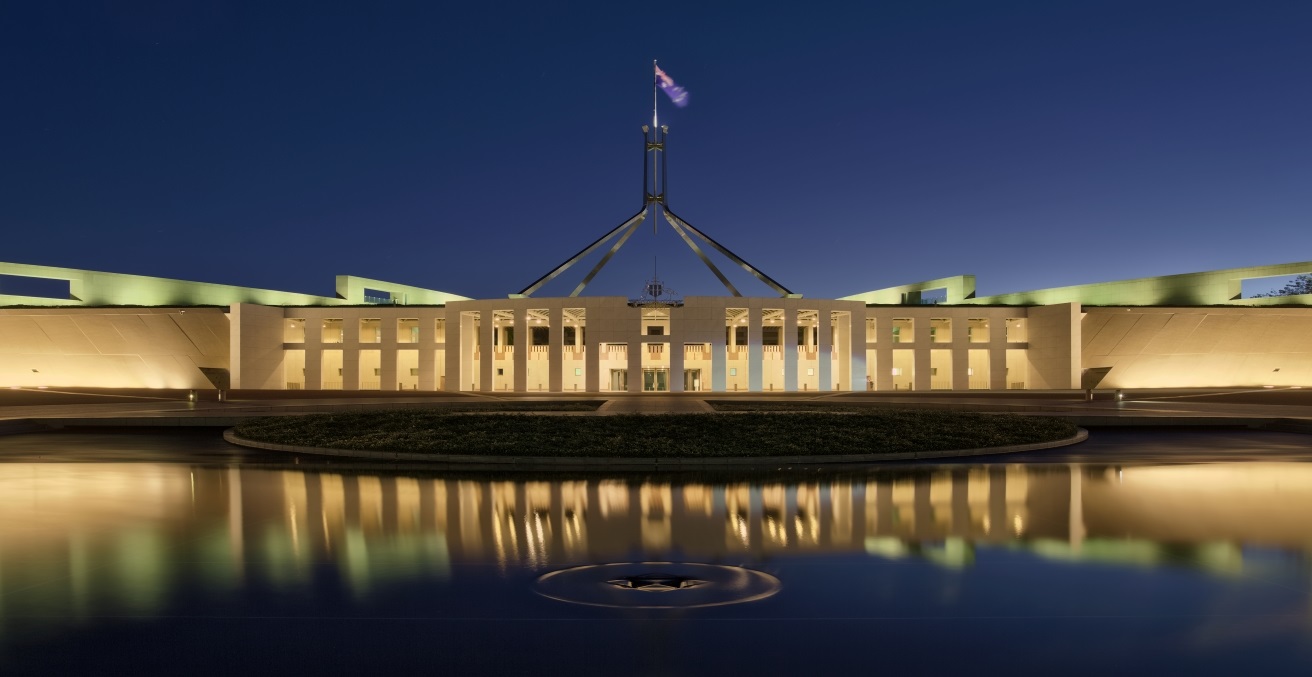23 October: The Week in Australian Foreign Affairs

This week in Australian foreign affairs: Australia to participate in naval exercises with India, the United States and Japan; more commercial flights back to Australia; the establishment of the Pacific Fusion Centre in Vanuatu; a statement on Dr Yang Hengjun; and more.
On 19 October, Defence Minister Linda Reynolds and Foreign Minister Marise Payne announced that, following an invitation from India, Australia will participate in naval exercise MALABAR 2020 in November. The exercise, Payne said, “will bolster the ability of India, Australia, Japan and the United States to work together to uphold peace and stability across our region.”
On 16 October, Prime Minister Scott Morrison and Payne announced the Australian government’s facilitation of additional commercial flights from the United Kingdom, India, and South Africa “to help more Australians return home amid the unprecedented travel disruption caused by the COVID-19 pandemic.”
Payne revealed on 19 October that the Pacific Fusion Centre will be established permanently in Vanuatu. The Pacific Fusion Centre has been operating in Canberra since September 2019, hosting 21 analysts from 14 Pacific Island Forum countries on short-term secondments. It was established “to provide practical support and expertise to equip Pacific decision-makers with timely, accurate information to respond to security challenges common to the region.”
Payne released a statement on 14 October about Dr Yang Hengjun, noting that Chinese authorities have decided to charge Dr Yang with espionage. The Australian government “has seen no evidence to support this charge” and “has repeatedly expressed concerns for [Yang’s] treatment and welfare.”
On 16 October, Payne noted that the Australian government is “deeply disappointed” by Russia’s decision to withdraw from trilateral talks with the Netherlands regarding its role in the downing of MH17 in 2014.
Payne acknowledged the conclusion of the 45th session of the United Nations Human Rights Council on 15 October. This marked Australia’s final session as a member of the Human Rights Council, with France and the United Kingdom being elected for 2021 from Australia’s regional grouping.
Payne also addressed the Human Rights Council on 14 October, noting that “in 2021 and beyond, Australia will continue to play an active role in the Council.”
On 14 October, Payne also met virtually with regional counterparts for the annual Pacific Islands Forum Foreign Ministers’ Meeting “to discuss our work together on priority issues including regional health and economic security, our shared natural environment, and the impact of COVID-19 on women and girls in the Pacific.”
Payne announced on 14 October that Cook Islands has ratified the Pacific Agreement on Closer Economic Relations Plus (PACER Plus). Cook Islands is the final ratification required to trigger the entry into force of PACER Plus, which Payne says will deliver “new export opportunities for our Pacific partners.”
On 15 October, the Department of Foreign Affairs and Trade published the Performance of Australian Aid report for 2018-19. This is the sixth and final report under the 2014 performance framework for the development program.
Minister for Defence Linda Reynolds announced on 16 October that she would be travelling to Japan, Singapore, Brunei, and the Philippines “to advance bilateral defence engagement and to discuss regional security challenges.” Reynolds met with Singaporean Prime Minister Lee Hsien Loong on 20 October and met His Majesty the Sultan of Brunei Darussalam on 21 October.
Reynolds also revealed on 16 October that Australia “is providing four polymerase chain reaction (PCR) machines to support the Sri Lanka Navy in their response to the COVID-19 pandemic.”
Alongside United Kingdom Secretary of State for Defence Ben Wallace, Reynolds announced on 20 October that the two countries have “further strengthened their enduring defence relationship by signing a Memorandum of Understanding to cooperate on building and delivering the next generation of cutting-edge frigates.”
Isabella Keith is an intern at AIIA National Office.
This article is published under a Creative Commons License and may be republished with attribution.



